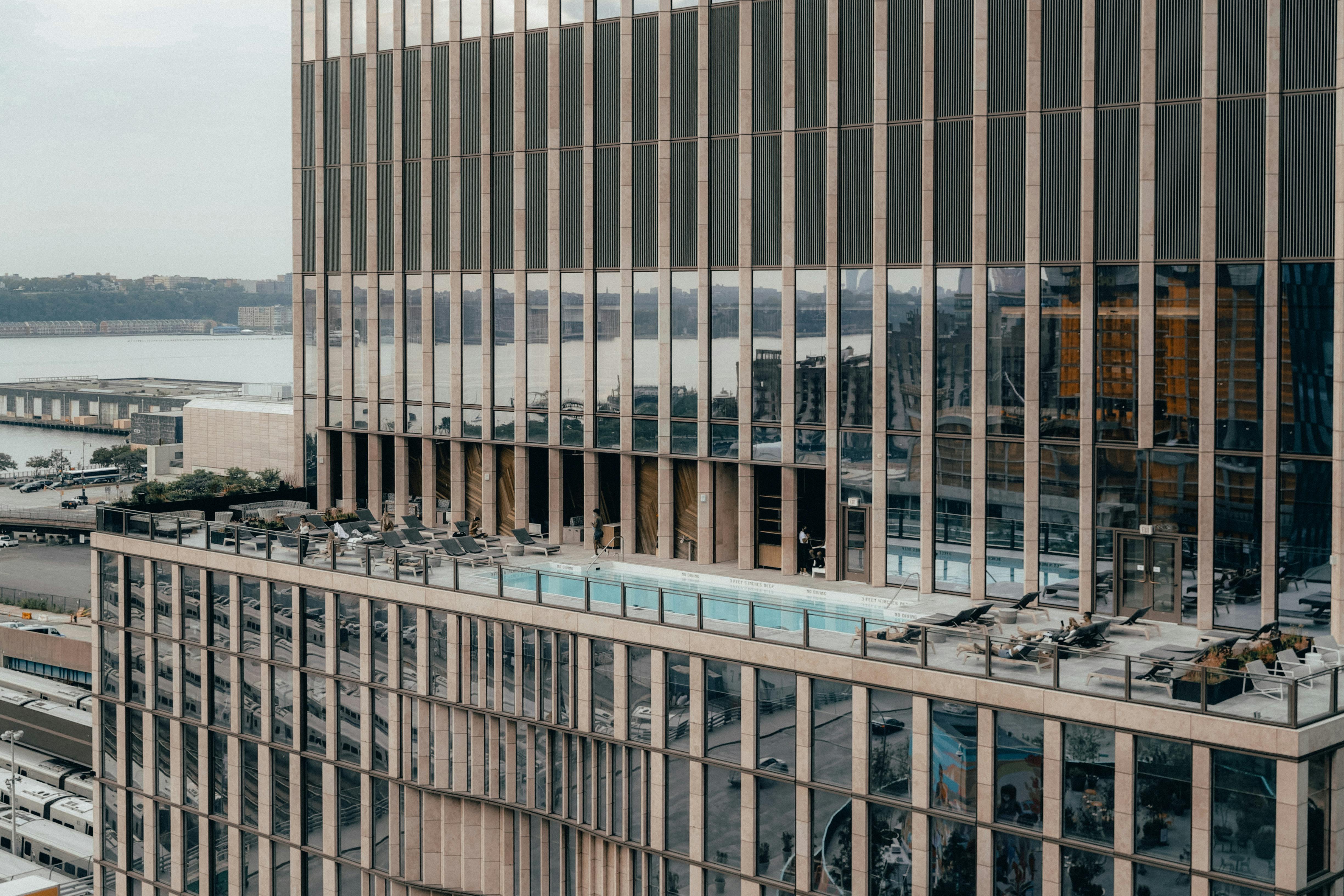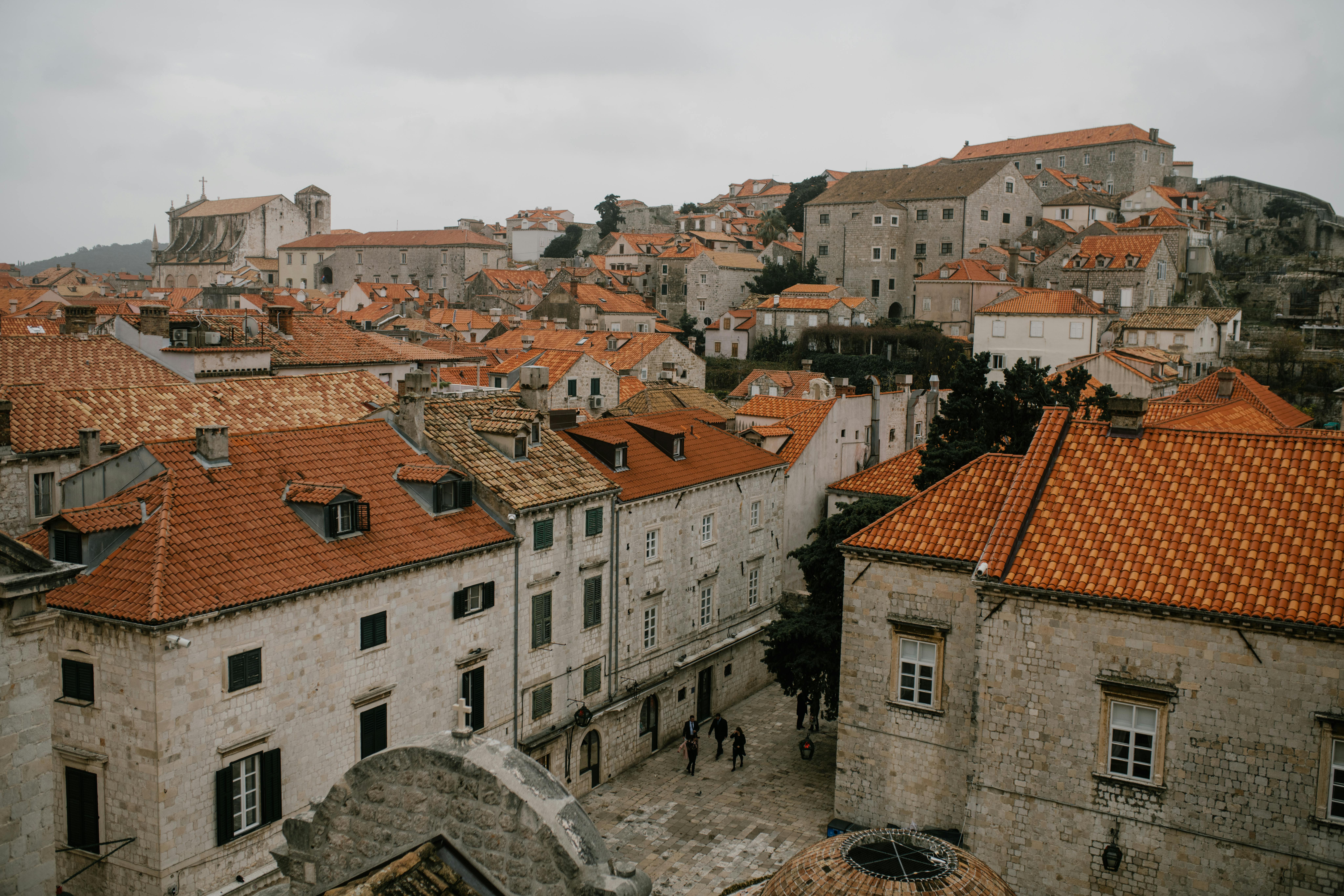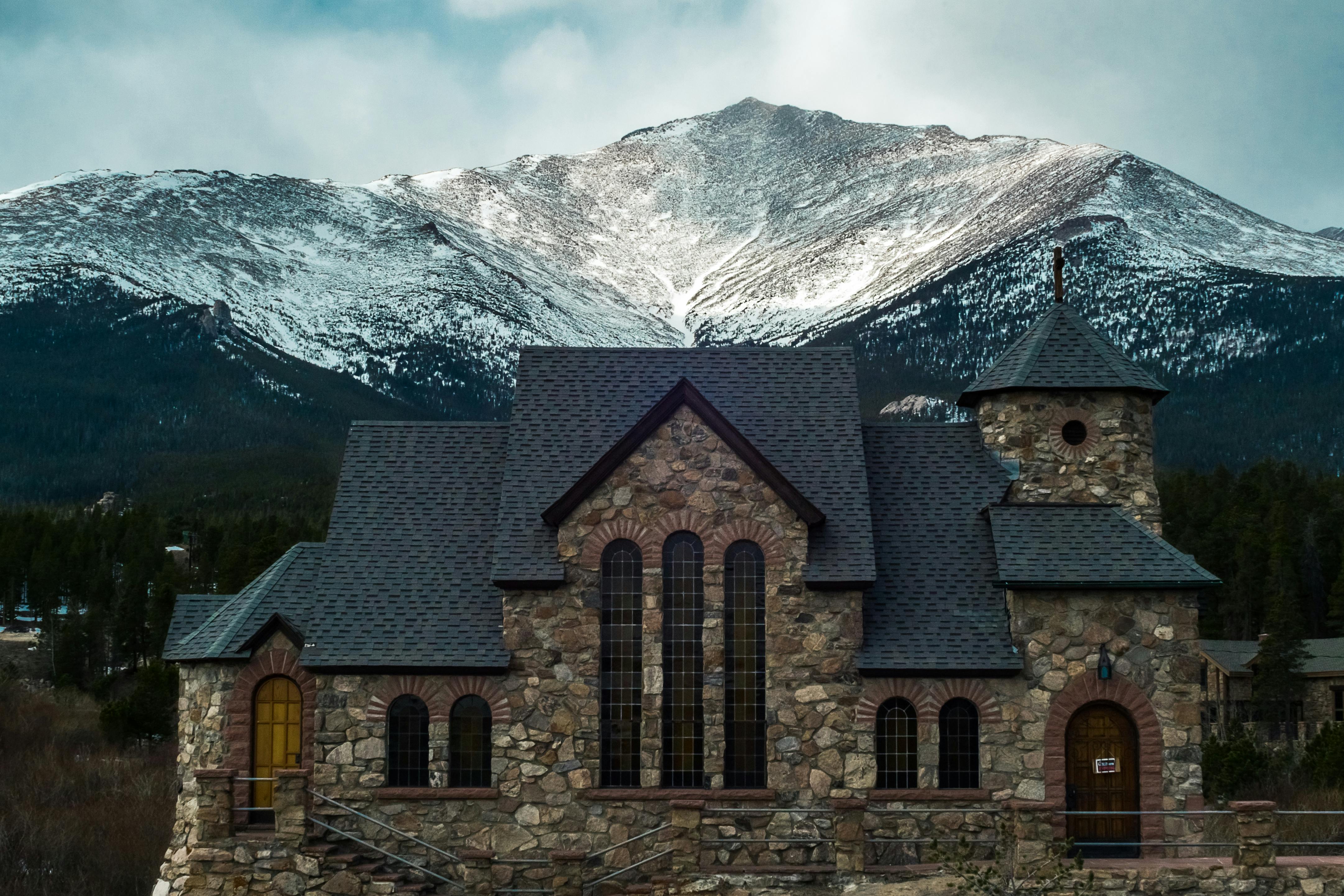disaster insurance
You could face financial ruin if you need it but don’t have disaster insurance.
Having disaster insurance coverage to soften the effects of a loss is not only a smart move, it’s also a requirement of lending institutions like banks and credit unions. Insurance providers form the backbone of modern civilization. You might not be able to get a mortgage to buy a house or a car or, in some cases, an unsecured business loan.
Homeowner’s Insurance:
Your homeowners insurance will cover a multitude of things that can happen to your home, including fire, theft, etc. Both structure and content are covered. Since there are so many, if not more, losses that you won’t be covered for either, it’s important to take the time to read your policy and understand what’s excluded.
renters insurance:
I’m willing to bet that if you ask people you know who are renting if they have renters insurance, most will say no.
Renters insurance is probably the “best buy for the money” when it comes to insurance. For an annual payment that is likely less than a week’s wages, most renters can purchase renters insurance and enjoy the peace of mind that their furniture, clothing, and other personal effects are covered.
Let me wholeheartedly encourage you to purchase renters insurance, and if you are a homeowner renting out a portion of your home, you should encourage your renter to purchase renters insurance.
Find out from your attorney if you can insist on renters insurance as a condition of leasing or renting your house or apartment. It is that important.
Flood Insurance for Homeowners:
Flooding is caused by rising water and should not be confused with water damage caused by roof leaks or wind-driven rain. Also remember that the President does not have to declare a disaster for you to claim payment on your flood policy.
Flooding is not covered by your homeowners policy and therefore if you want flood coverage, you will need to purchase a flood insurance policy.
When you’re shopping for a home, it’s a good idea to do some research on the area you plan to buy your home in to see if it’s in a flood zone.
Although you don’t have to be in a flood zone to buy flood insurance, the cost will be much higher if you’re in a floodplain, also called a “Flood Hazard Area” (SFHA).
Your insurance agent can check the flood map to see if your area is in a high risk, medium risk, or low risk area.
The maximum amount of coverage you can purchase for your home is $250,000 and contents is $100,000. This will be different if it is a two-family house. Will this be enough to rebuild your house if it is washed away in a flood? Keep this in mind when shopping for your dream home.
Flood Insurance for Renters:
Just as renters insurance will give you and your family peace of mind, you should be aware that it doesn’t cover flooding and your landlord’s flood policy won’t cover your belongings either.
Take my advice and also buy flood insurance, it’s cheap and will be one of your best purchases. The most you can buy is $100,000 and it will give you peace of mind knowing there will be financial help for you if you have a loss…
Hurricane Disaster Insurance:
Most insurance companies, if not all, will include a very high deductible on your homeowners policy for hurricane damage. It is usually a percentage of the amount of insurance coverage on your home and ranges from 3% to 7%.
Here’s an example: Let’s say your home is insured for $200,000. Your deductible is 5% ($10,000), hurricane damage to your home is $50,000. You will only be paid $40,000.
Are you able to meet a $10,000 deductible to repair your home if it was damaged? What if the damage was less than your deductible? Her insurance company wouldn’t pay her anything. Your disaster insurance emergency fund should be an amount at least equal to your deductible, but higher is definitely recommended.
Earthquake Insurance:
Do you live in an area known to have earthquakes? If so, your disaster insurance plans should include earthquake insurance. Please note that your homeowners policy will not cover you in the event of an earthquake.
Many insurance companies offer special “earthquake insurance,” and while coverage is not mandatory unless required by the mortgage holder, the deductible can be as high as 15% and sometimes higher. This is important to know when buying a home as you put together your home maintenance budget.
Tornado Insurance:
This is the most devastating of all natural disasters. Tornadoes can rip through a neighborhood like a shredder leaving behind nothing but unrecognizable debris. Unfortunately, there is no “Tornado Insurance” available. You will have to rely on your homeowners insurance to cover it.
I have spent some time on insurance against floods, hurricanes and earthquakes because they are the most common natural disasters. However, this is in no way meant to ignore the many other natural disasters you could be exposed to if you live in such areas.
Talk to your insurance company or agent about the extent to which you are covered and if there is a mandatory deductible that applies to a claim if there was damage to your home.
Having spent some time as an insurance agent and also as a real estate agent, I would advise my clients of the importance of adequate insurance. As a real estate agent I would remind you as much as I am reminding you that before you buy “Think about how easy or difficult it would be to sell your house if it is in an area known for a particular type of disaster.”
Having the right equipment on hand will also go a long way in your preparations.



